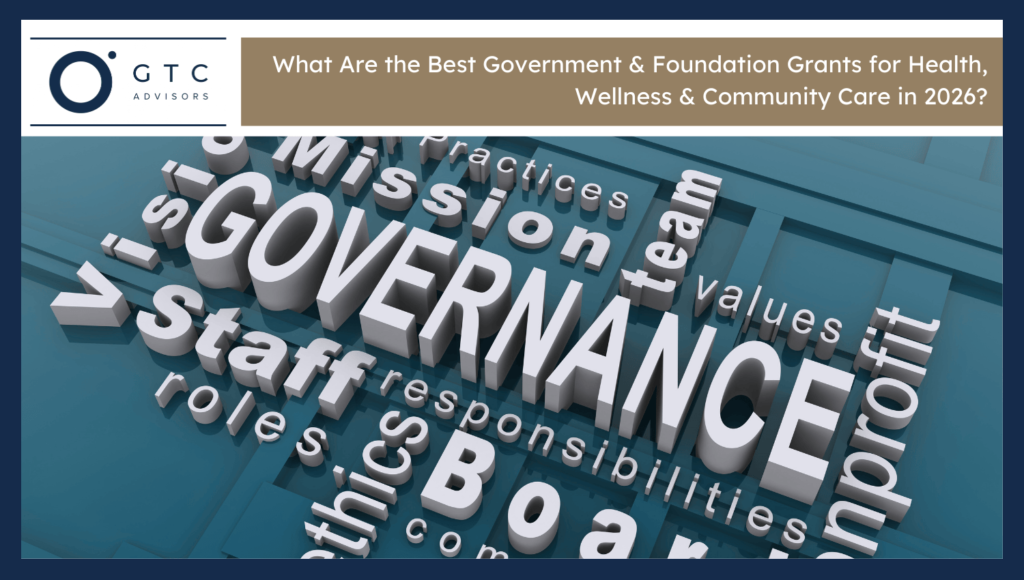Farming a Healthier Future: Agriculture Grants for Urban Farming
The production of urban agriculture is on the rise as cities concentrate on sustainability and well-being. Space is limited and costs are increasing, which creates a challenge to growers. Grants help urban farmers grow their businesses and boost the availability of fresh products. Projects that are funded enhance food security, environmental wellbeing and local economies. […]
Farming a Healthier Future: Agriculture Grants for Urban Farming Read More »











